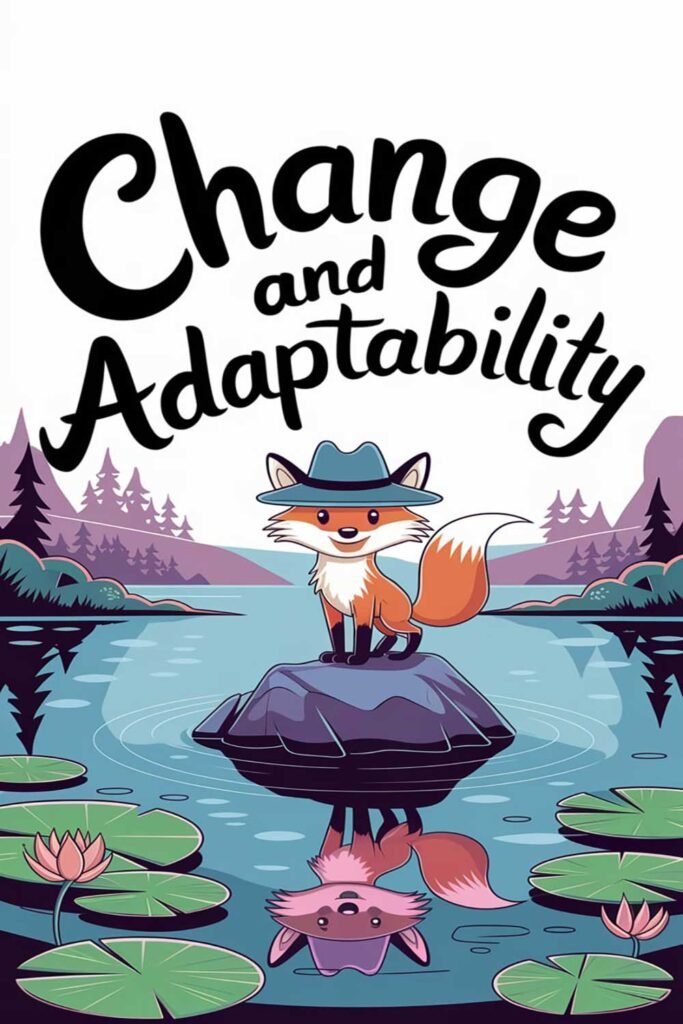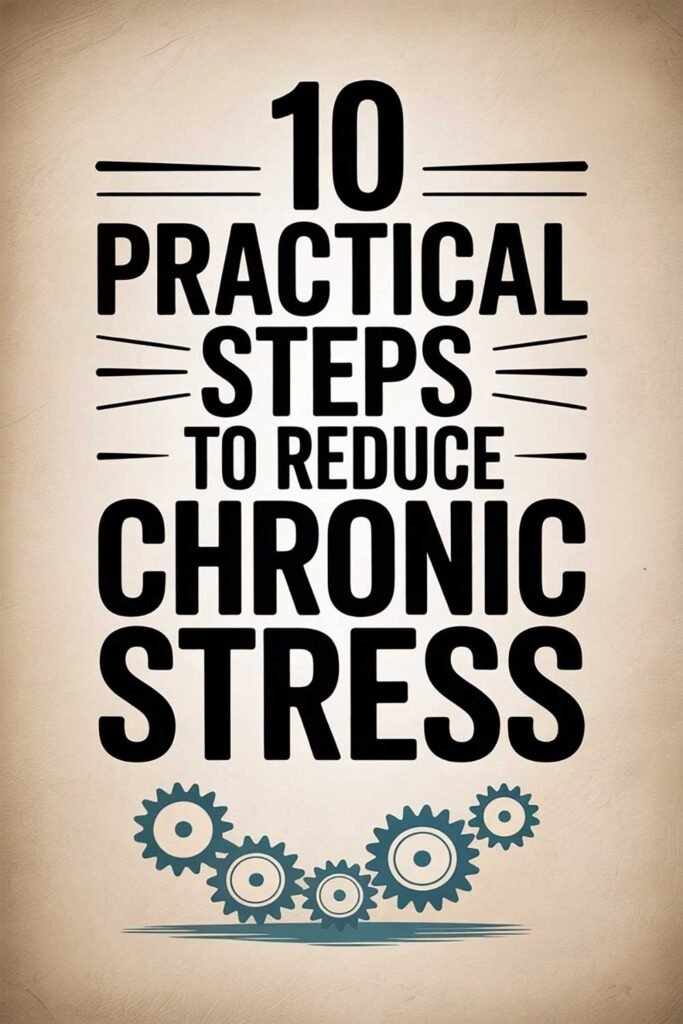9 Financial Red Flags to Watch Out for in Your 20s
Your 20s are a time of exploration, growth, and laying the foundation for your future. But while it’s tempting to live in the moment, the financial decisions you make during this decade can echo for years to come. Ignoring red flags now can lead to debt, missed opportunities, and long-term regret.

If you’re in your 20s, here are 9 critical financial red flags you should be on the lookout for—along with real-life examples and practical steps to course-correct before it’s too late.
1. Living Paycheck to Paycheck Without a Plan
If your money disappears before the end of the month, and you don’t know where it went, that’s a red flag.
Example:
Jake made $3,200/month but always ran out of money by the 20th. After tracking his spending, he discovered $400/month was going to food delivery and impulse buys. He reallocated it to savings.
Fix It: Create a simple budget and automate your savings.
2. Using Credit Cards for Everyday Expenses (and Not Paying Them Off)
Relying on credit to cover groceries or gas is a sign of cash flow issues.
Example:
Sophia used her credit card for everything but only paid the minimum. Within a year, she racked up $7,000 in debt with interest spiraling.
Fix It: Only use credit if you can pay it off in full. If not, use debit or cash.
3. Not Building an Emergency Fund
Emergencies will happen. Without a financial cushion, you’ll rely on high-interest debt when life hits hard.
Example:
When Matt’s car broke down, the $900 repair went on his credit card. With an emergency fund, that debt could have been avoided.
Fix It: Start by saving $500, then aim for 3-6 months of living expenses.
4. Ignoring or Deferring Student Loan Payments
Out of sight doesn’t mean out of mind. Avoiding your loans just adds interest and hurts your credit.
Example:
Hannah deferred her student loans for 2 years post-college. She owed $15,000 initially but now owes over $18,000 due to compounding interest.
Fix It: Set up a realistic repayment plan, or explore income-driven repayment options.
5. Spending More Than You Earn
Overspending is one of the most dangerous red flags. If your lifestyle is above your income level, you’re digging a deep hole.
Example:
Brandon wanted to live like his wealthier friends. He leased a luxury car, bought designer clothes, and maxed out three credit cards in under a year.
Fix It: Practice living below your means—not just within them.
6. Not Investing Early
Your 20s are the best time to start investing, thanks to the magic of compound interest. If you’re not investing, you’re missing out on thousands of future dollars.
Example:
Julia delayed investing until 30. Her friend Emily started at 22. Even though Emily invested less overall, she ended up with more than double the retirement savings.
Fix It: Start now, even with small amounts.
7. Avoiding or Ignoring Your Credit Score
Your credit score affects everything from car loans to renting an apartment. If you’re not checking or working on it, you’re setting yourself up for trouble.
Example:
Dylan didn’t know his credit score until he got denied for an apartment. It turned out a late bill from a forgotten subscription had dropped his score by 70 points.
Fix It: Check your credit report annually. Pay bills on time and keep balances low.
8. Not Having Financial Goals
Without a goal, it’s easy to drift financially. Goals create structure, purpose, and progress.
Example:
Aisha floated through her 20s spending whatever she made. At 29, she realized she had no savings, no retirement, and no plan.
Fix It: Set short-term and long-term goals. Even small goals can lead to big results.
9. Not Asking for Help or Learning About Money
Too many young adults feel embarrassed about financial literacy gaps. But staying ignorant is more costly than asking for help.
Example:
Leo never asked for financial advice because he thought it would make him look weak. He ended up in $12,000 of credit card debt before he finally sought help.
Fix It: Follow personal finance blogs, podcasts, or meet with a financial coach.
🌟 20 Inspirational Quotes About Financial Wisdom in Your 20s
- “Start where you are. Use what you have. Do what you can.” – Arthur Ashe
- “You must gain control over your money or the lack of it will forever control you.” – Dave Ramsey
- “Beware of little expenses; a small leak will sink a great ship.” – Benjamin Franklin
- “Discipline is the bridge between goals and accomplishment.” – Jim Rohn
- “A budget is telling your money where to go instead of wondering where it went.” – John C. Maxwell
- “The earlier you start, the more you grow.” – Unknown
- “Don’t go broke trying to look rich.” – Unknown
- “Every time you borrow money, you’re robbing your future self.” – Nathan W. Morris
- “Live like no one else now, so later you can live like no one else.” – Dave Ramsey
- “Financial freedom is available to those who learn about it and work for it.” – Robert Kiyosaki
- “You can’t improve what you don’t measure.” – Peter Drucker
- “Success is nothing more than a few simple disciplines practiced every day.” – Jim Rohn
- “Rich is having money. Wealth is having time.” – Margaret Bonnano
- “What you do today can improve all your tomorrows.” – Ralph Marston
- “Time is more valuable than money. You can get more money, but you cannot get more time.” – Jim Rohn
- “The only way you will ever permanently take control of your financial life is to dig deep and fix the root problem.” – Suze Orman
- “An investment in knowledge always pays the best interest.” – Benjamin Franklin
- “Do not save what is left after spending, but spend what is left after saving.” – Warren Buffett
- “The future belongs to those who prepare for it today.” – Malcolm X
- “You don’t have to be perfect, just consistent.” – Unknown
📸 Picture This
Imagine being 29 years old, looking back at your 20s and feeling grateful. You avoided credit traps, you built your savings, you invested early, and you set goals that created real momentum. You’re not just surviving—you’re thriving, while others are still trying to dig out.
You smile with confidence knowing you saw the red flags early and made smart choices.
So ask yourself:
What will your future self thank you for doing differently today?
📣 Please Share This Article
Know someone in their 20s who could benefit from this? Share it with them. These insights could save them years of financial stress.
⚠️ Disclaimer
This article is based on personal experiences, financial education, and public information. It is not intended as professional financial advice. Please consult a certified financial advisor for decisions specific to your circumstances. Individual results may vary.






